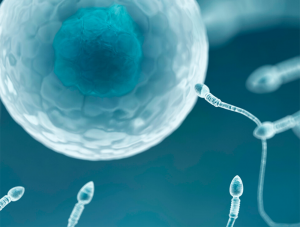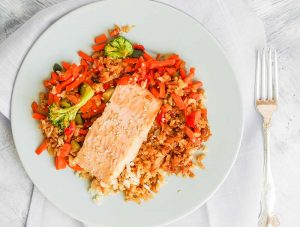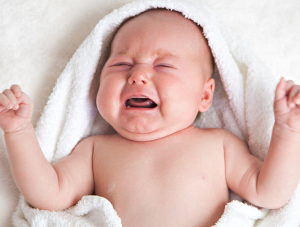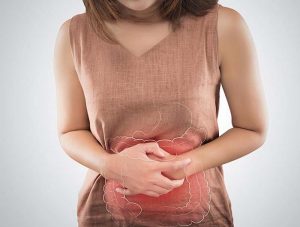It is quite amazing how we don’t know how many cases of undiagnosed coeliac disease there are in pregnant women, when research tells us that those with undiagnosed coeliac disease have an 8.9-fold risk of multiple abortions and low birth weight babies compared with those whose coeliac disease is diagnosed and treated. (Ciacci, 1996). (Zugna, 2010).
Women with undiagnosed coeliac disease have decreased fertility. The good news is that once coeliac disease has been diagnosed and a strict gluten free diet is being followed, allowing your body to heal and regain nutrient absorption, the evidence tells us that there is no increase in fertility risk related to having coeliac disease (Zugna, 2010).
In my practice as a dietitian who has coeliac disease myself, I’ve worked with many women who fit these statistics and it’s so wonderful to help them improve their health to the point where they achieve the healthy baby they’ve been longing for. So, if you’re feeling that you’re struggling to fall pregnant and you have coeliac disease it’s a good idea to consider these 4 important factors:
Follow a strict gluten free diet
To help your fertility to normalise it’s important to follow a strict gluten free diet. This involves a learning curve to understand clearly which foods contain gluten, including the surprising ones, and being careful to avoid them regardless of your symptom levels. Checking every label needs to become routine for you, so allow that extra few minutes when you’re doing your shopping just to double check everything is strictly gluten free. Remember that it may take a year or even two for your body to recover depending on the level of villi damage you were diagnosed with. So be patient and persevere with improving your overall health.
Check for any chance of gluten contamination
This is more than just reading labels. It’s about what you do when you’re eating out and travelling, buying food from markets and delicatessens, and when you’re visiting friends who have very good intentions but may not understand as much as you do. Pharmaceuticals are also a common area of contamination that we see in practice, so always check with your pharmacist before buying any meds, supplements or cold & flu capsules.
Focus on your wellbeing
Although diet is critically important for fertility when you have coeliac disease, please consider that your body will also need adequate sleep, physical exercise and time-off to heal and prepare for the important job ahead. Remember that good things often take time, so allow yourself that time to prepare your body for its journey ahead to grow your baby. The Australian Physical Activity Guidelines indicates that a minimum of 30 minutes a day of a moderate level (where you’re puffing but can still talk) of activity needs to happen at least five days a week. It’s a good idea to find an activity that you really enjoy doing as this will make it easier. Personally, I found aqua aerobics and golf lots of fun and helped to keep me strong in preparation for and during my pregnancy. It can be as simple as walking, swimming and/or dancing, and we know that physical activity gives many other benefits including stress relief, stronger bones, improved sleep, improved mood, and increased energy levels.
Last but not least – see an Accredited Practising Dietitian
As a dietitian with a focus on coeliac disease, I am often reminded by my clients just how many various aspects of diet need to be considered with coeliac disease in the mix when planning a pregnancy. As well as teaching the strict gluten free diet, helping you watch out for cross contamination and checking for nutrient deficiencies, a dietitian can help you by personalising your nutrition needs and supporting you through your preparation for a successful pregnancy. We help to remind you when your blood tests are due and help to correct any nutritional biomarkers that may impact your wellbeing as well as keeping a close eye on nutrients for a healthy pregnancy such as folate, B12, B3 and iron.
And when you conceive with these factors taken into account, it’s reassuring to know that your chances of producing a healthy bub are just the same as someone without coeliac disease, and potentially even better because you’re in tip top shape. If you have coeliac disease and are considering starting or expanding a family, call 1300 438 550 to make an appointment with me so that I can help you to get it right.Accredited Practising Dietitian, Sally Marchini, has type 1 diabetes and coeliac disease herself and is passionate about supporting others with these and other chronic conditions. You can follow her on her Facebook pages Marchini Nutrition and Living with diabetes and coeliac disease, and in her closed support group Be Well Gluten Free, as well as on Twitter as @SallyMDietitian.





